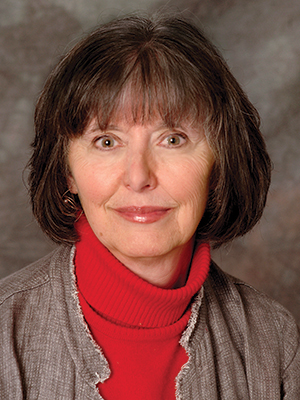
Hester Hill Schnipper Photo courtesy of Beth Israel Deaconess Medical Center
Studies show that up to 64 percent of people diagnosed with cancer have used complementary and alternative medicine (CAM), a term for approaches like acupuncture, massage, tai chi, yoga, vitamins and nutritional supplements. Some would include counseling and support groups under the CAM umbrella. Research also shows that many patients do not discuss CAM with their doctors.
While there is no convincing evidence that CAM can cure cancer or slow its progression, some of these approaches may help you manage side effects and improve your quality of life during and after treatment. If you are wondering whether CAM might be for you, consider these points:
1) So many things fall out of your control when going through cancer treatment. Adding CAM approaches that may help you feel better can be empowering.
2) If you are undergoing treatment, discuss your CAM options with your doctors. For example, some high-dose vitamins and nutritional supplements may interfere with chemotherapy or radiation. Your doctor may ask that you stop taking these supplements until after your treatment is complete.
3) Just because something is natural doesn t mean it is safe. Poisons are found in nature too.
4) Health care providers may not be experts in CAM, but they are experts in their areas and have your best interests at heart.
5) Discuss your cancer treatment with your CAM practitioners. All of your health care providers should be fully aware of everything you are doing to help yourself.
6) Some studies show that CAM may help alleviate side effects and symptoms for people receiving cancer treatment. For example, in some studies, acupuncture led to reductions in nausea and vomiting.
7) Health insurance may not cover the cost of CAM, but check with your insurance provider to make sure. If you are keeping a close eye on expenses, look for less costly alternatives, such as using students from local acupuncture or massage schools who are supervised by their teachers.
8) Avoid products or services that are heavily advertised and promise cancer cures or remissions. If something sounds too good to be true, it probably is.
CAM therapies should never replace conventional Western medicine. We still have a lot to learn about how best to treat and eventually cure all cancers, but the standard treatments, including surgery, radiation, chemotherapy and hormone therapy, can be effective and are backed by solid scientific evidence.
Cancer Today magazine is free to cancer patients, survivors and caregivers who live in the U.S. Subscribe here to receive four issues per year.




